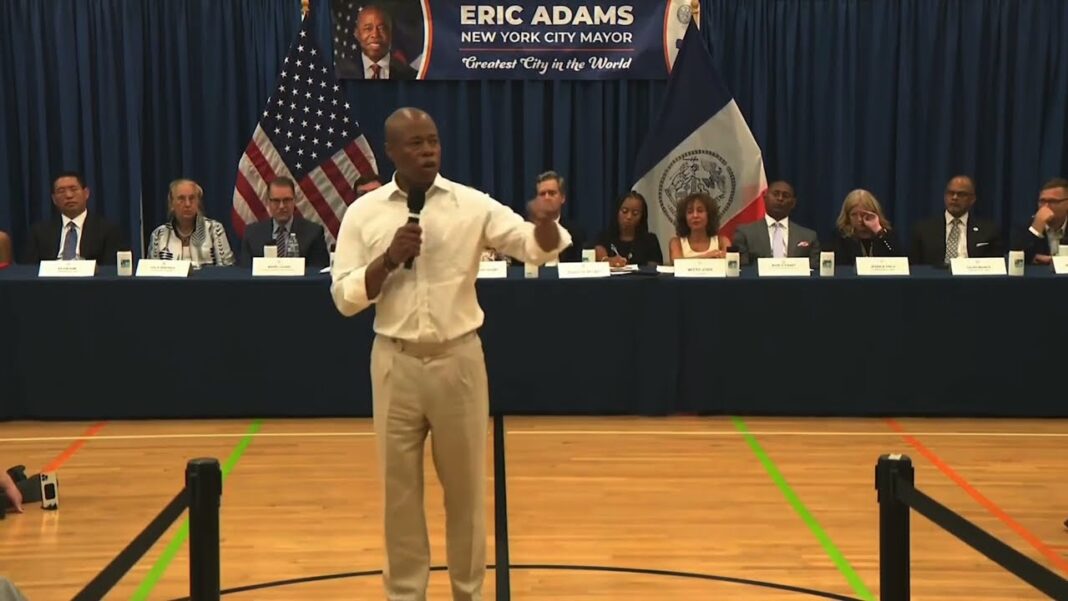In removing Bishop Strickland from the Diocese of Tyler, Texas, Pope Francis has canceled one of the most faithful, forthright and vocal bishops in the United States.
VATICAN CITY (LifeSiteNews) –– Pope Francis has removed Bishop Joseph Strickland from his role of shepherd and bishop of the Diocese of Tyler, Texas.
WATCH: My exclusive interview with Bishop Strickland, where I ask him all the questions on everyone's heart in the midst of his unjust cancellation.
— John-Henry Westen (@JhWesten) November 12, 2023
Pray for this good Bishop. #IstandwithBishopStrickland pic.twitter.com/G1TaPO0c4P
The shock announcement came via the Holy See’s daily bulletin, November 11. It stated simply:
“The Holy Father has relieved from the pastoral governance of the Diocese of Tyler (U.S.A.) H.E. Msgr. Joseph E. Strickland and appointed the Bishop of Austin, H.E. Msgr. Joe Vásquez, [Bishop of Austin] as the Apostolic Administrator of the vacated diocese.”
Bishop Strickland had been formally asked to resign by Pope Francis, in a request that came via the papal nuncio Cardinal Cristophe Pierre on November 9. Strickland declined this request, but now – upon the direct order of the Pope – is vacating his diocesan see.
Per Canon 416, a diocesan see is normally made vacant by the bishop resigning, transferring, dying, or having a “privation” made known to him by the Pope. The Pope’s ability to remove a diocesan bishop is not without many restrictions: indeed, he can only issue a “privation” on the bishop exercising his office by following the precise and exacting confines of Canon Law.
The respected Canonist Edward Peters has outlined that the commentaries on Canon 416 he examined all “regard a bishop’s ‘privation’ of office as being possible only in the face of guilt for ecclesiastical crimes (say, canonically illegal actions in regard to ecclesiastical property, contra cc. 1377 or 1389).”
Peters notes that the Pope does not appear to have the power to “remove” a bishop under Canon 416, but that a “privation” is indeed possible. He writes: “While ‘removal’ is a general way to lose ecclesiastical office (cc. 184, 192-195) not necessarily implying canonically criminal conduct, ‘removal’ from episcopal office does not, strictly speaking, seem possible under Canon 416, only privation (c. 196) seems possible, and such action implies guilt for ecclesiastical crimes.”
Pope Francis has personally removed Americas’s Bishop Joseph Strickland pic.twitter.com/s0D51ZKklC
— John-Henry Westen (@JhWesten) November 11, 2023
The striking move by Francis comes against one of the most forthright and vocal bishops in the United States, who has drawn considerable support both from within and without his diocese for his promotion of traditional Catholic teaching.






